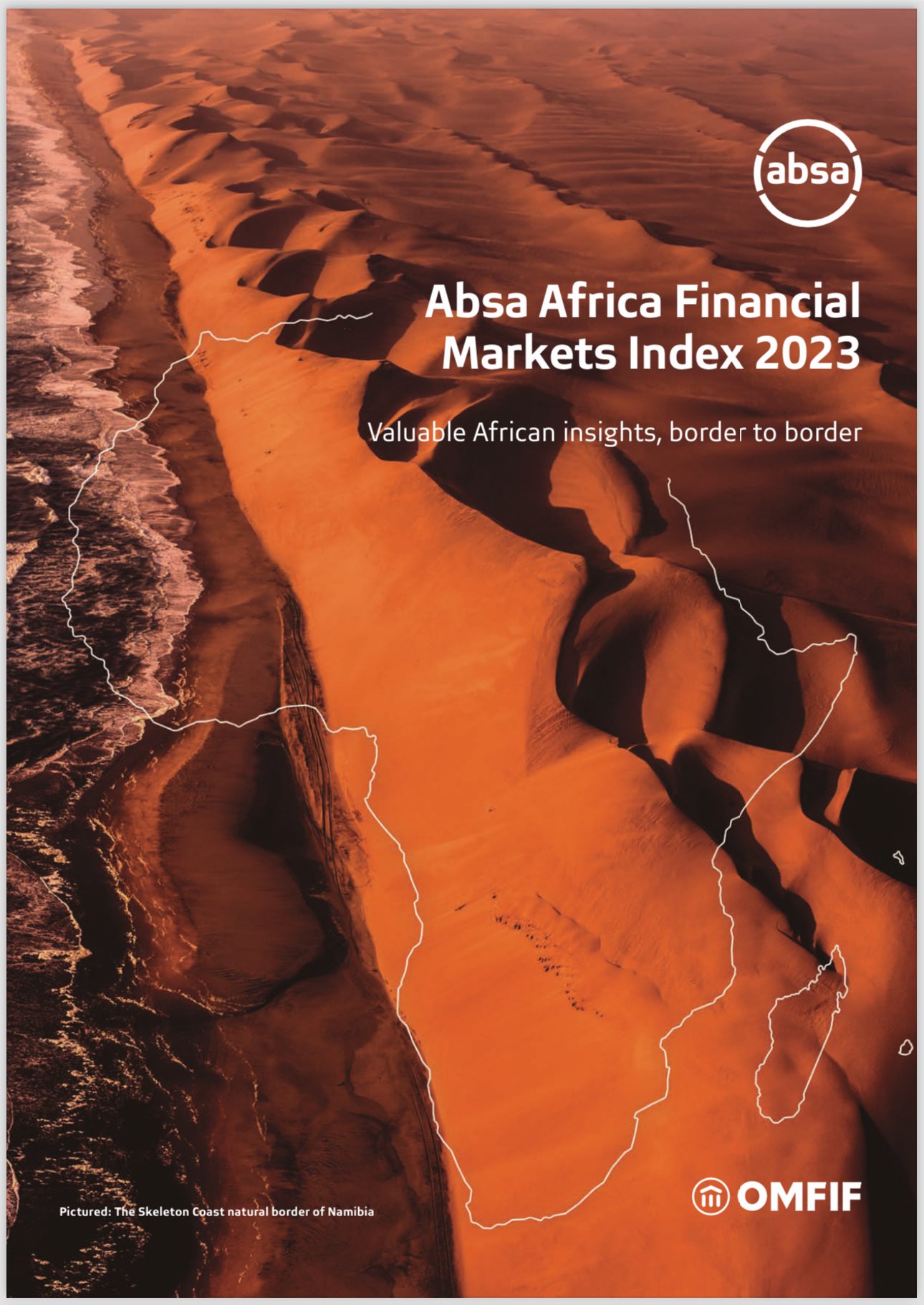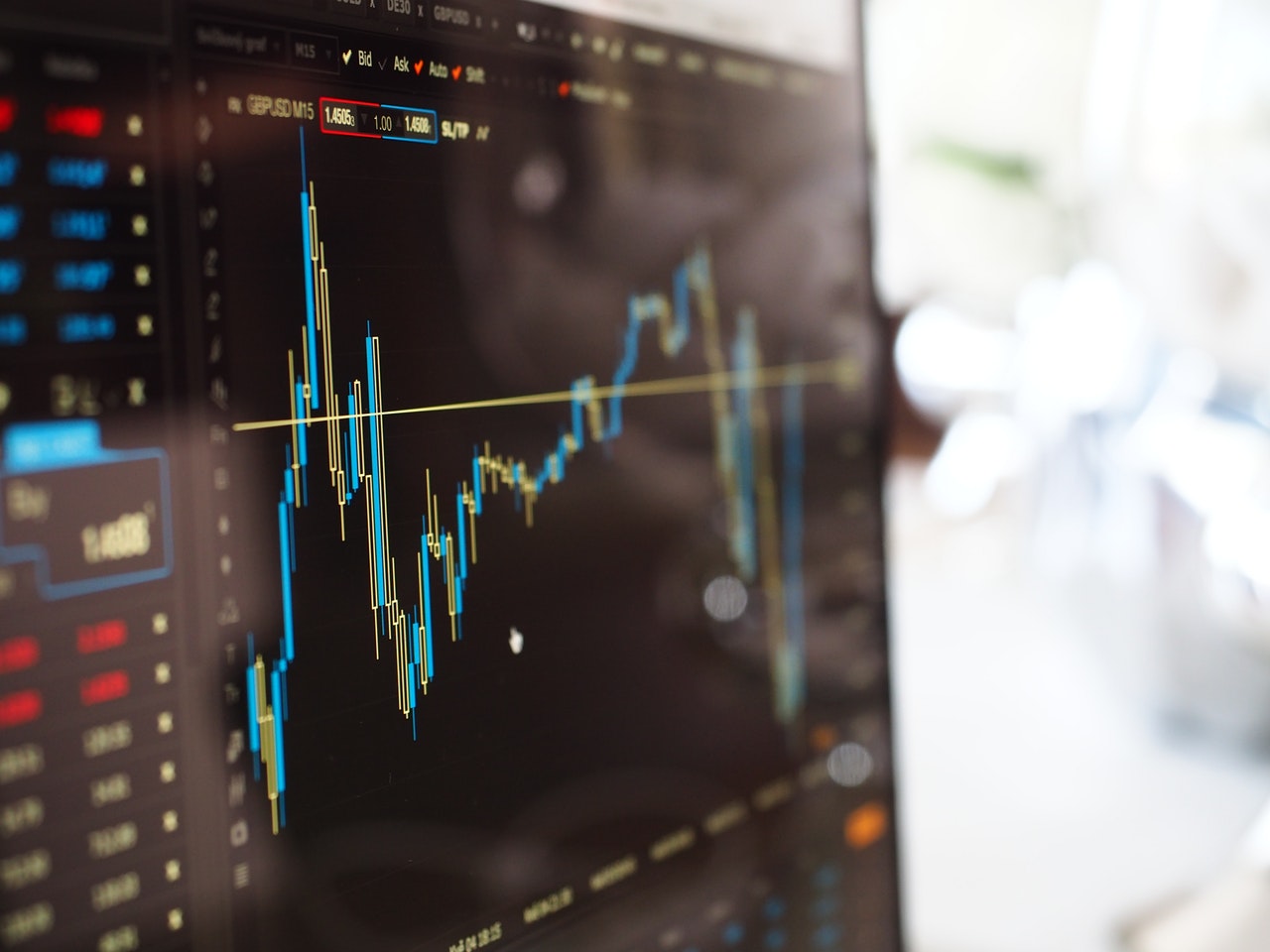Africa has often been referred to as the “last frontier” of investment, has recently drawn a lot of attention from international investors. As the end of 2023 approaches, the continent is set for optimistic economic growth and development, luring both domestic and foreign investors eager to take advantage of its enormous potential. In the following article examines the fundamental elements fueling the growth on the continent.
Over the past years, despite Covid 19, Africa has seen consistent economic development, and various forecasts ranging from the World Bank and IMF indicate that this trend will last through 2023.
A number of African nations have shown strong GDP growth rates, making them desirable locations for investments. Particularly, nations like Ghana, Nigeria, Kenya, and Ethiopia have been regarded as prospective emerging markets.
The sustainable financing gap for Africa through 2030 is roughly USD 1.6 trillion according to latest ABSA Africa Financial Markets Index Report for 2023. The continent will require additional funding of around USD 194 billion per year to meet the Sustainable Development Goals by 2030, according to study’s predictions.

This yearly shortfall in sustainable funding is equal to 34% of projected investments in 2021 and 7% of Africa’s GDP. The annual gap is less than 0.2% of the global stock of financial assets and 10.5% of those held by African countries.
On the labour front, the continent promises a huge and dynamic workforce due to its young population. This demographic dividend could stimulate business, innovation, and consumer markets.
Africa’s startup ecosystem is also thriving, with creative entrepreneurs bringing about change in a range of industries, including agribusiness, fintech, and health tech. This continent’s economic diversification is being facilitated by the venture capital and private equity investments attracted by these businesses.
Now when it comes to infrastructure development such as the creation of transportation networks, energy facilities, and digital connection, these are top priority for governments throughout Africa. Africa is becoming a popular location for infrastructure-focused investors as a result of the opportunities these investments generate in the construction, technology, and renewable energy sectors.
For the crème de la crème, key assets for African economies are natural resources. Compared to 7% of Latin America and the Caribbean 3% for emerging Asia, natural capital makes up 19% of all wealth in Africa. African woods contributed 11.6 million kilotons of CO2-equivalent net emissions to the global carbon pool between 2011 and 2020, while carbon stocks in forests outside of Africa decreased by 13 million kilotons.
While Africa offers numerous opportunities, there are challenges and risks that investors need to navigate such as political and regulatory risks, infrastructure gaps, security concerns and corruption/governance.
Global crisis are having a greater impact on investment in Africa than in other regions. With peaks above 15% in 11 African countries, the average inflation rate for the continent is predicted to hit 15.5% in 2023, the highest level in 27 years. As of February 2023, 13 countries (out of 27 worldwide) were at a high danger of experiencing debt hardship, and 8 African nations (out of 9 globally) were in debt distress.
While high-income nations in other parts of the world have recorded their highest share ever (61%), compared to 17% for developing Asia and 10% for Latin America and the Caribbean, Africa’s share of global greenfield foreign direct investment has been declining in recent years, dropping to 6% in 2020-21 (the lowest share in 17 years).
In conclusion, the outlook for investments in Africa in 2023 and beyond is positive and sells a potential investment case. Investors find the continent appealing because of its developing economy, young population, growing infrastructure, and dedication to sustainability. But it’s crucial to approach investing in Africa with a comprehensive mindset of its many prospects and difficulties.
The promising investment climate in Africa in 2023 and beyond can reward those who embrace its potential while minimizing dangers as the continent continues to rise. The investing story of Africa is one of tenacity, flexibility, and the search for a better future.







